Can what you eat actually help prevent or fight cancer? While no single food is a guaranteed cure, research shows that a diet rich in nutrient-dense, plant-based foods can reduce cancer risk and support treatment.
Certain foods contain antioxidants, anti-inflammatory compounds, and immune-boosting properties that help the body defend itself against cell damage, oxidative stress, and tumor growth.
If you’re looking for a natural way to support your health, here are the top cancer-fighting foods you should add to your plate.
Top Foods for Cancer Prevention and Treatment
1. Broccoli and Cruciferous Vegetables: Natural Detoxifiers
Broccoli, cauliflower, Brussels sprouts, and kale are rich in sulforaphane, a compound that has been shown to neutralize carcinogens, reduce inflammation, and inhibit tumor growth.
A study in Cancer Prevention Research found that sulforaphane may help detoxify harmful toxins linked to cancer and support healthy cell function.
Regular consumption of cruciferous vegetables has been associated with a lower risk of lung, colon, breast, and prostate cancers.
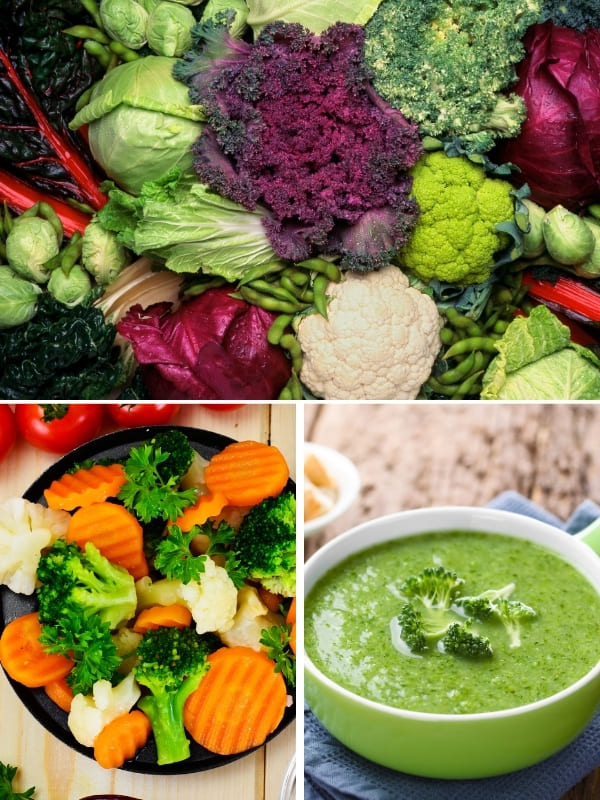
2. Turmeric: The Golden Anti-Inflammatory Powerhouse
Turmeric contains curcumin, a powerful antioxidant with strong anti-inflammatory and anti-cancer properties. Studies suggest that curcumin can slow cancer cell growth, prevent metastasis, and enhance the effectiveness of chemotherapy.
According to research published in the Journal of Experimental & Clinical Cancer Research, curcumin may suppress tumor formation and support the immune system’s ability to fight cancer cells.

3. Berries: Antioxidant-Rich Cancer Fighters
Strawberries, blueberries, raspberries, and blackberries are packed with flavonoids, anthocyanins, and ellagic acid, all of which help reduce oxidative stress and slow the progression of cancer cells.
A study in Cancer Epidemiology, Biomarkers & Prevention found that people who eat berries regularly have a lower risk of developing certain types of cancer, including esophageal and colorectal cancer.

4. Garlic and Onions: The Immune-Boosting Duo
Garlic contains allicin, a sulfur compound known for its immune-enhancing and anti-cancer effects. It helps neutralize free radicals and slows down the growth of cancerous tumors.
A study in The American Journal of Clinical Nutrition found that people who consume garlic and onions frequently have a reduced risk of stomach, colorectal, and prostate cancers.
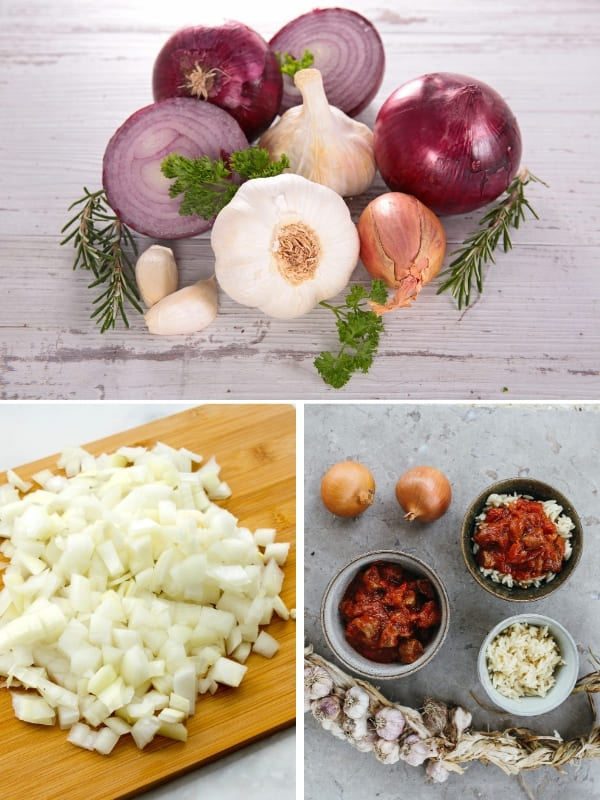
5. Green Tea: A Cancer-Fighting Beverage
Green tea is loaded with catechins, particularly epigallocatechin gallate (EGCG), which has been shown to inhibit cancer cell growth and prevent DNA damage.
Research published in Molecular Nutrition & Food Research found that regular consumption of green tea is associated with a lower risk of breast, prostate, and lung cancer.

6. Tomatoes: Nature’s Prostate Protector
Tomatoes are rich in lycopene, a potent antioxidant that has been linked to a lower risk of prostate and lung cancer. Lycopene helps protect cells from DNA damage and reduces inflammation.
Cooked tomatoes (such as in tomato sauce or soup) provide higher lycopene levels, making them an excellent addition to a cancer-fighting diet.

7. Nuts and Seeds: Nutrient-Dense Cancer Defenders
Walnuts, flaxseeds, and chia seeds are rich in omega-3 fatty acids, lignans, and fiber, which help reduce inflammation and slow the growth of cancer cells.
A study in The British Journal of Cancer found that walnuts contain bioactive compounds that may help slow tumor progression and promote cancer cell death.
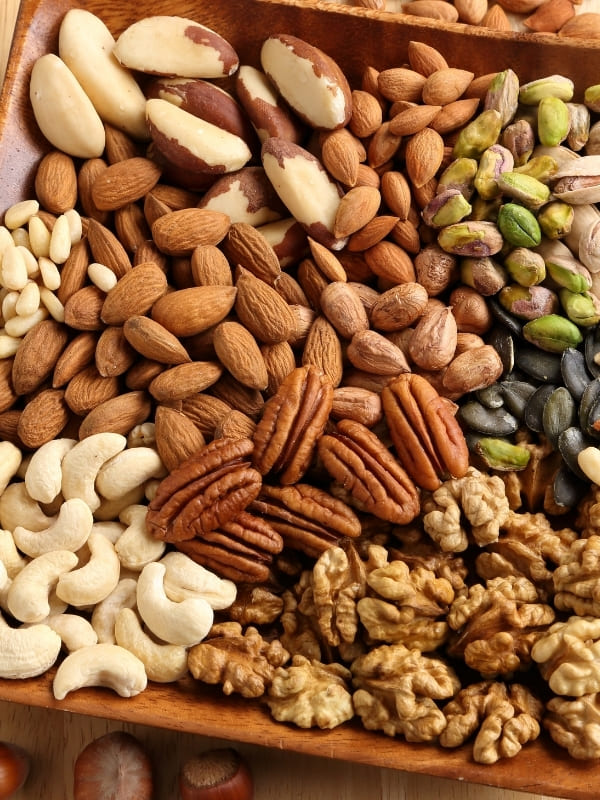
8. Leafy Greens: Alkalizing and Nutrient-Rich
Spinach, kale, Swiss chard, and arugula are rich in folate, carotenoids, and chlorophyll, which help protect cells from DNA mutations and oxidative stress.
A study in The Journal of the National Cancer Institute suggests that people who consume more leafy greens have a lower risk of stomach and colorectal cancer.
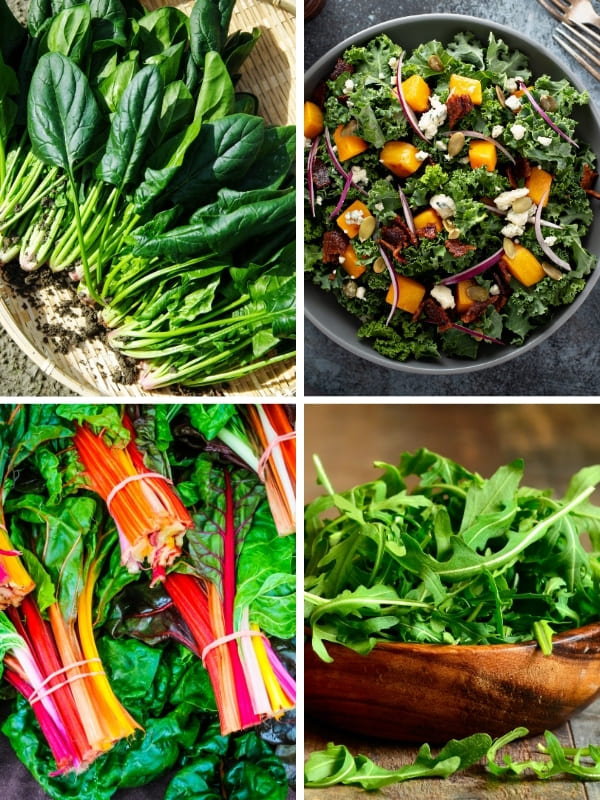
9. Mushrooms: Immune-Boosting Superfoods
Certain mushrooms, such as shiitake, maitake, and reishi, contain beta-glucans, compounds that enhance immune function and slow tumor growth.
According to Oncology Reports, mushroom extracts have been shown to reduce cancer cell proliferation and increase immune defense mechanisms.

10. Citrus Fruits: Vitamin C for Cellular Protection
Oranges, lemons, and grapefruits are rich in vitamin C, flavonoids, and limonoids, which help neutralize carcinogens and reduce inflammation.
Studies have shown that citrus fruit consumption is linked to a lower risk of stomach and esophageal cancer, making them a great addition to an anti-cancer diet.
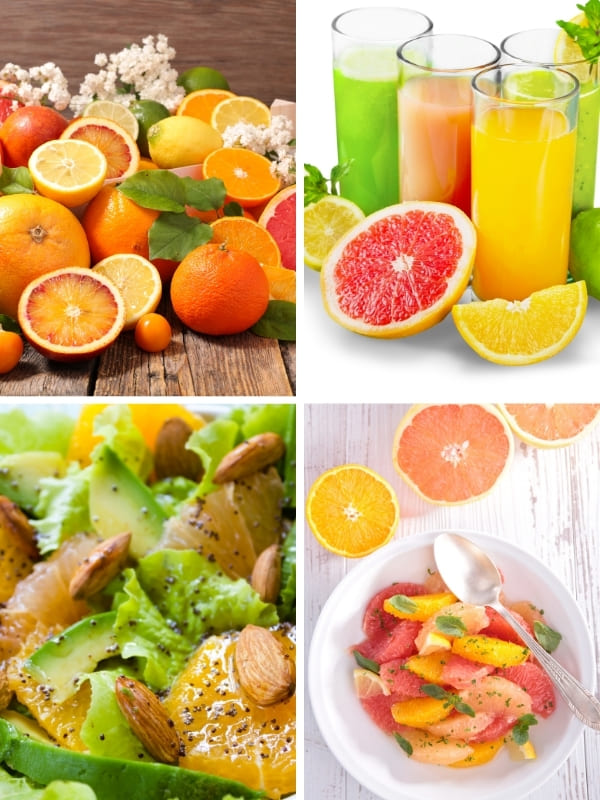
How to Incorporate These Foods into Your Diet
Now that you know which foods to eat, here’s how to make them a regular part of your meals:
1. Start Your Day with Antioxidants
First, drink a cup of green tea with lemon in the morning. Next, add berries, nuts, and flaxseeds to your breakfast smoothie or oatmeal.
2. Add More Greens to Your Lunch
Include a salad with spinach, kale, and tomatoes, drizzled with a turmeric dressing. Have a side of steamed broccoli or sautéed mushrooms.
3. Snack Smart with Cancer-Fighting Foods
Choose walnuts, almonds, or a handful of berries as a healthy snack. Drink turmeric tea or lemon water throughout the day.
4. Cook with Anti-Cancer Spices
Add garlic and onions to your meals for extra immune support. Use turmeric, black pepper, and olive oil to enhance flavor and nutrition.
5. Enjoy a Cancer-Protective Dinner
Prepare grilled salmon with a side of roasted Brussels sprouts. Include a bowl of tomato soup or a stir-fry with mushrooms and leafy greens. By making simple swaps and additions, you can maximize the cancer-fighting potential of your diet.
Cautions and Precautions
Some foods, like grapefruit, may interact with medications always check with your doctor.
Excessive consumption of certain compounds, like curcumin or garlic, may cause digestive discomfort, so start with small amounts.
A healthy diet should be combined with other lifestyle factors, including exercise, stress management, and regular check-ups.
Disclaimer
This article is for informational purposes only and does not replace professional medical advice. If you are undergoing cancer treatment or have specific health concerns, consult a healthcare provider before making dietary changes.
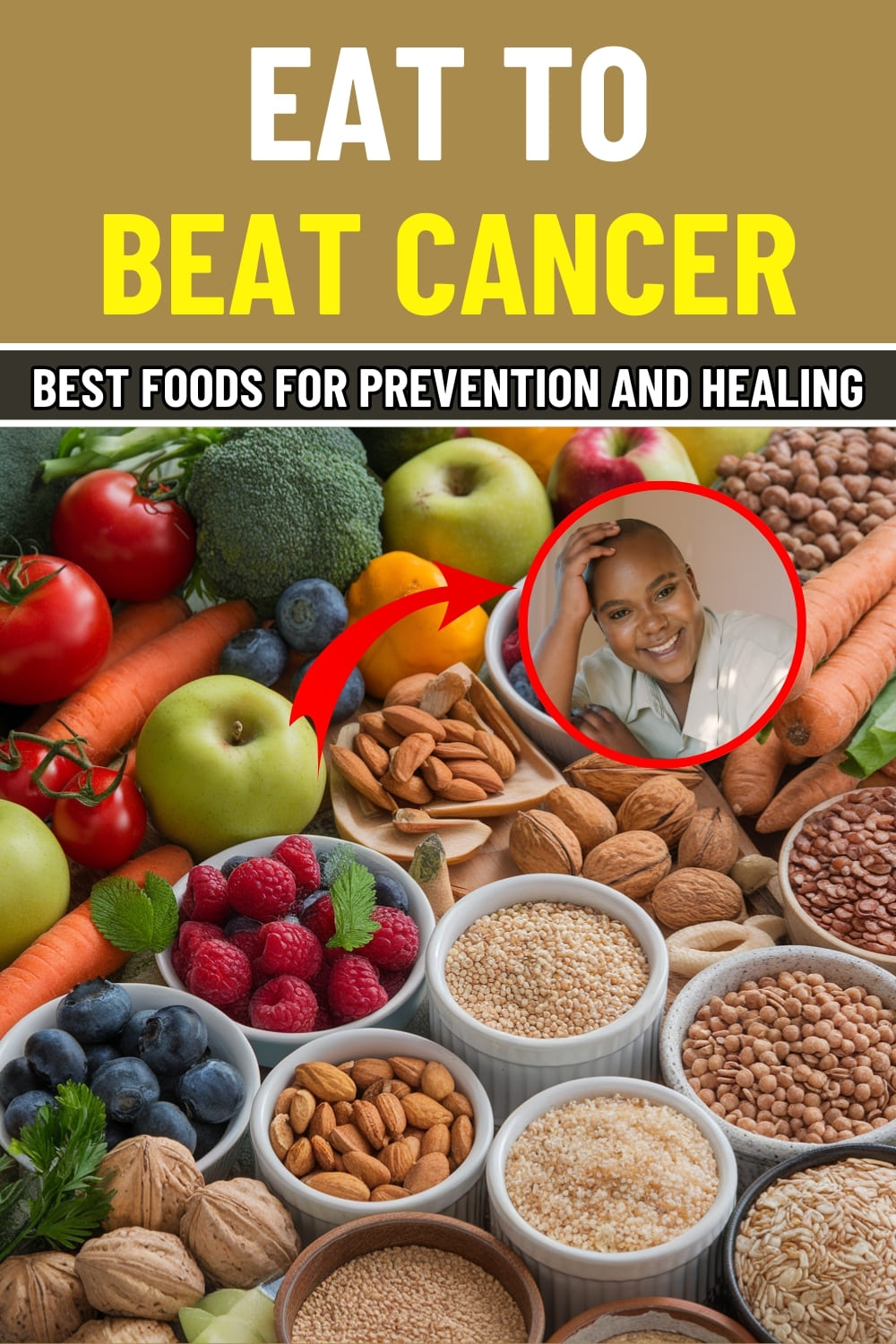
Top Foods for Cancer Prevention and Treatment: Fuel Your Body for Better Health
